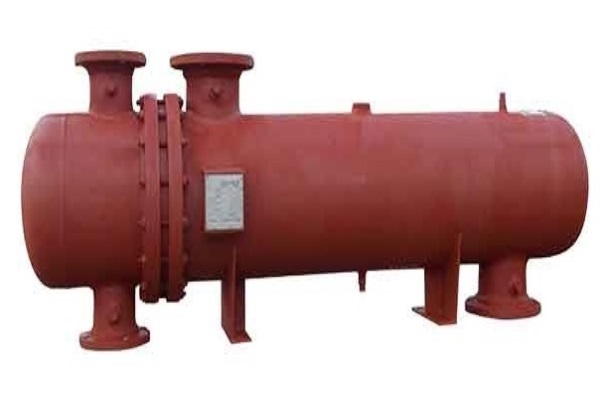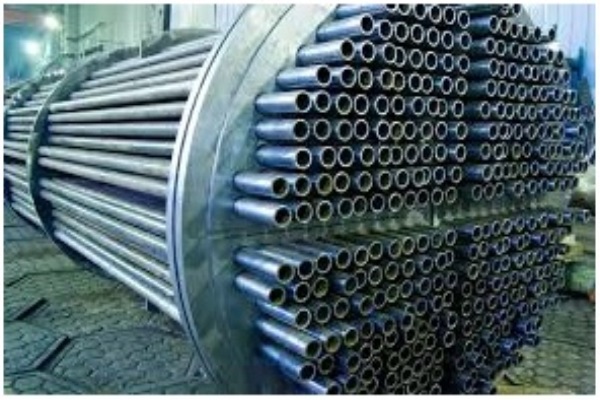We are Manufacturer, Supplier, Exporter of Shell Heat Exchangers, Tube Heat Exchangers, Heat Exchangers and our setup situated in Pune, Maharashtra, India.
Shell and Tube Heat Exchangers
Shell and tube heat exchangers are widely used in many industries due to their high efficiency and ability to handle high pressure and temperature applications. They are commonly used in industries such as chemical, petroleum, power generation, and HVAC systems.The tube side fluid is typically the one that requires heating or cooling, while the shell side fluid is used as the heat source or sink. The fluids can be either a liquid or a gas, and can be of different types and properties. The tube side fluid can be corrosive, viscous, or contain particulate matter that needs to be filtered out. The shell side fluid is often used as a coolant and can be water, air, or a refrigerant.
The baffles in the shell side of the heat exchanger are important to enhance the heat transfer rate by creating turbulence in the fluid flow. They are designed to promote the mixing of the shell side fluid and prevent the formation of dead zones. Baffles can be either transverse or longitudinal and are placed at specific intervals along the shell. The baffles can also have different shapes such as segmental, helical, or perforated, depending on the application and desired flow characteristics.
Overall, the design of shell and tube heat exchangers can vary depending on the specific application and requirements. Factors such as the heat transfer rate, pressure drop, fluid properties, and maintenance requirements all need to be considered when selecting and designing a shell and tube heat exchanger.


-
Advantages of shell and tube heat exchangers include:
* High heat transfer efficiency due to the large surface area available for heat transfer.
* Versatility in handling different fluids, including corrosive, viscous, and fouling fluids.
* Flexibility in customization to suit specific process requirements.
* Robustness and durability due to the use of rugged materials such as stainless steel, copper alloys, and titanium.
* Can handle high thermal loads and can operate over a wide range of temperature and pressure conditions.
* Can be easily expanded or modified to increase capacity or accommodate changes in process conditions.
Overall, shell and tube heat exchangers offer a cost-effective and reliable solution for various heat transfer applications in industries such as chemical, petrochemical, power generation, and HVAC.


